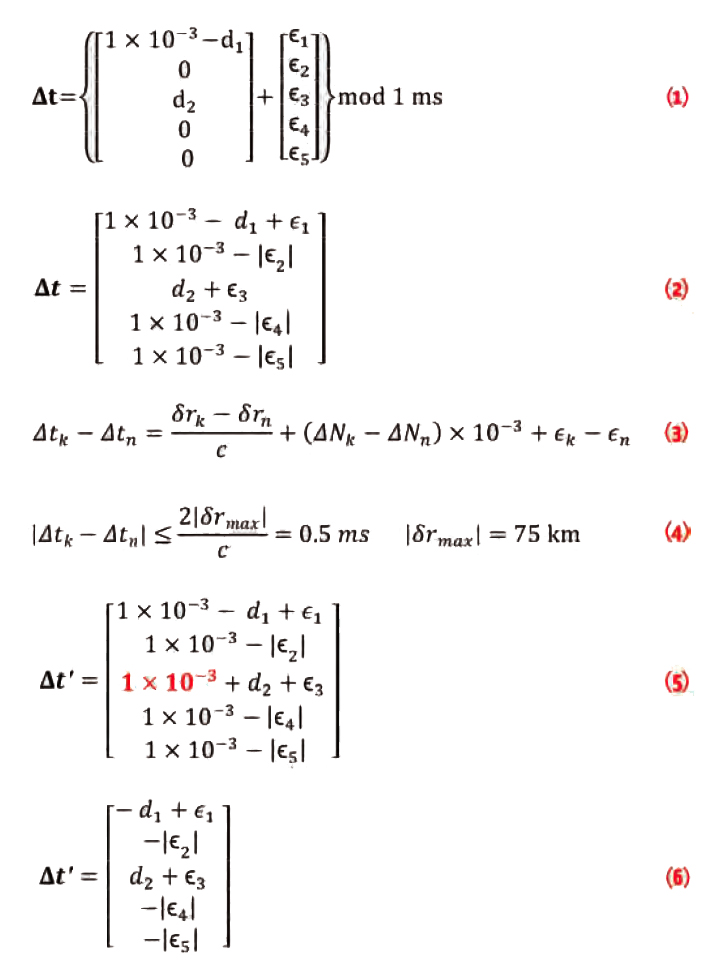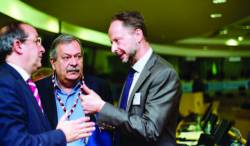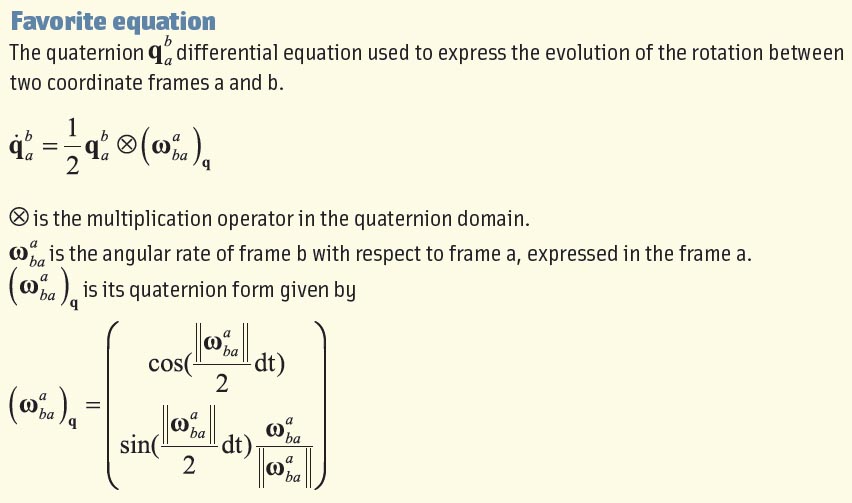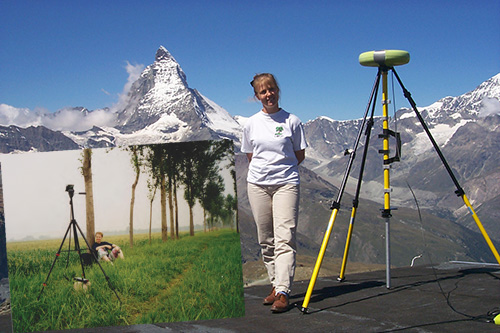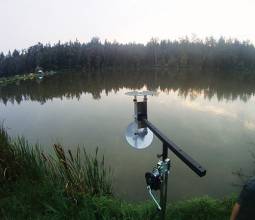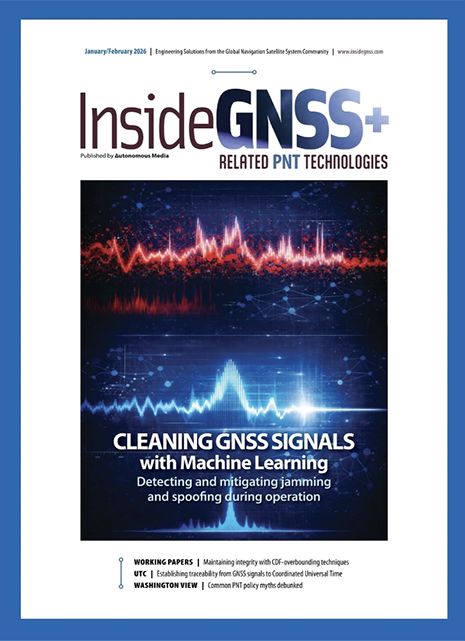State of Play in the European Union
Global navigation satellite systems have become core elements of the global economy. Essential for many civilian applications and innovations, GNSS brings rapidly growing economic benefits due to convergence of GNSS with smartphones, geospatial data, unmanned aerial vehicles, automated driving systems and other commercial technologies.
By Ingo Baumann



